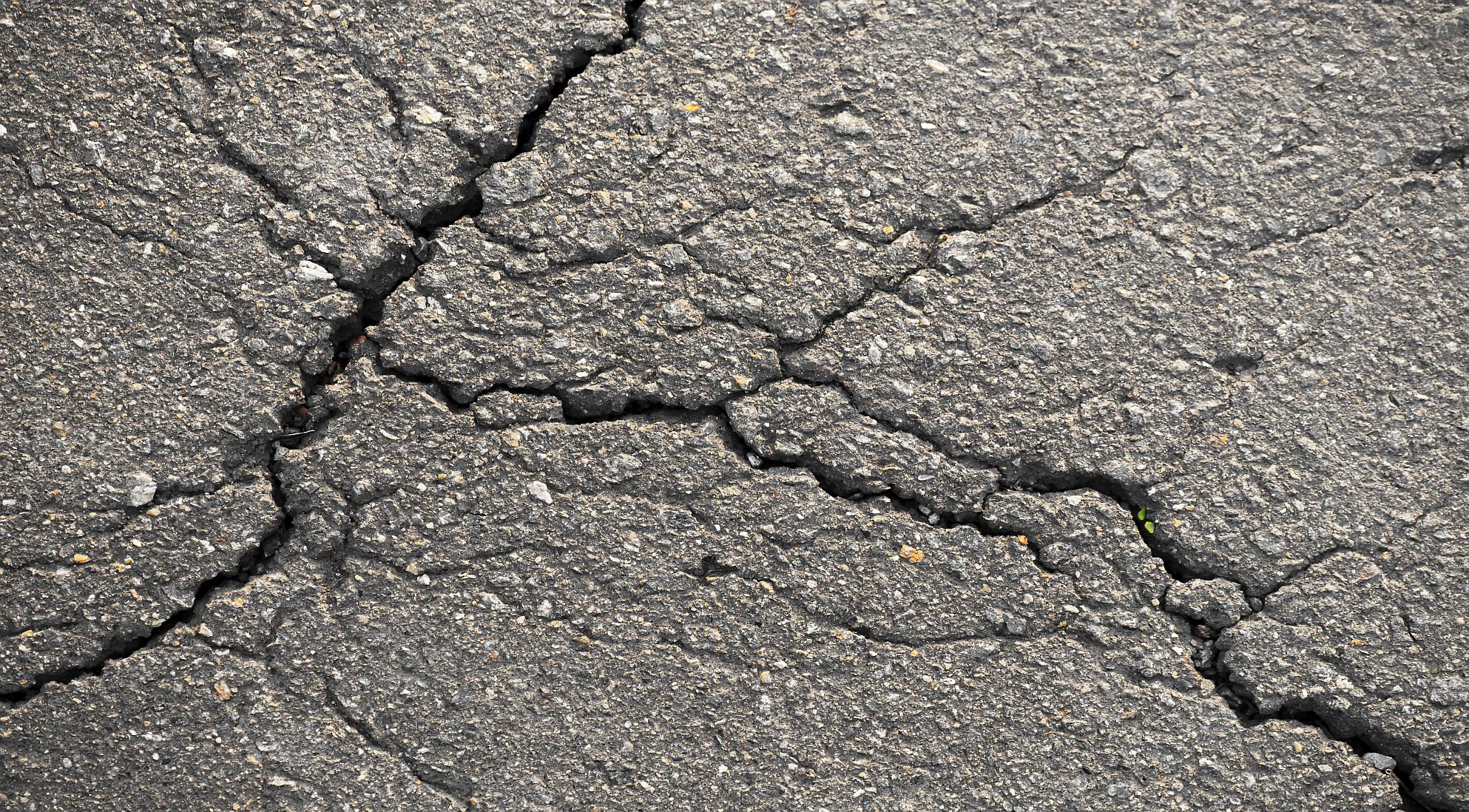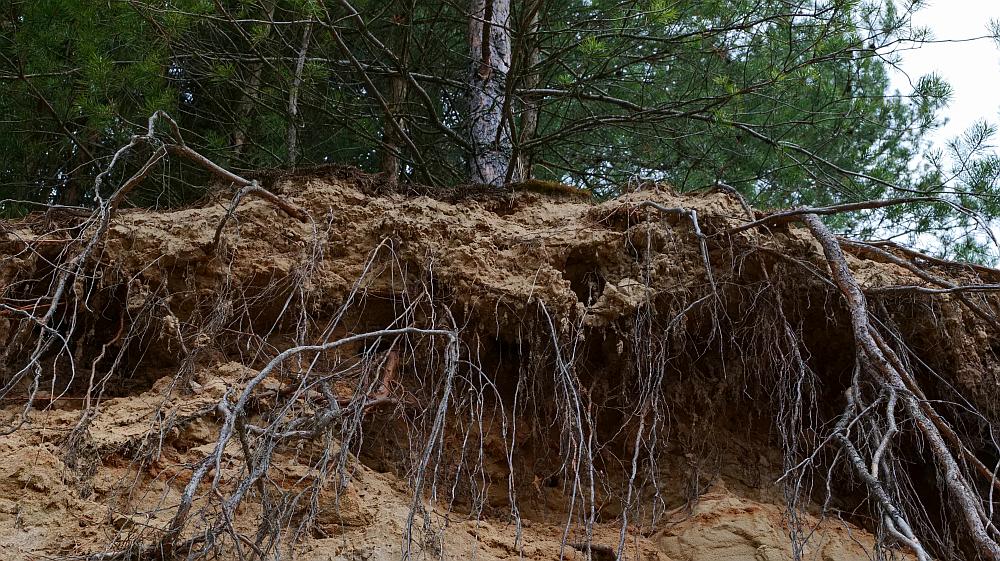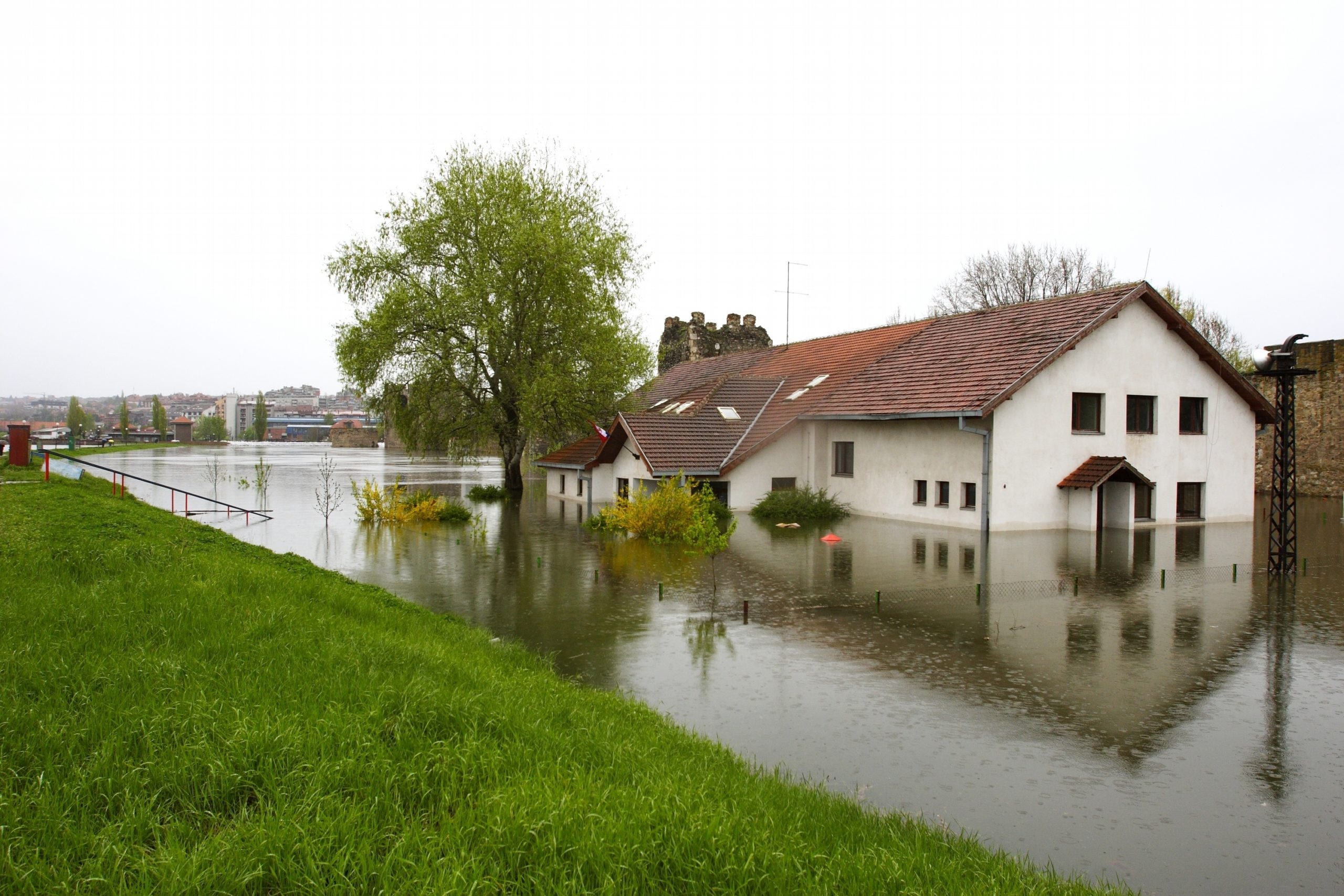When you hire a contractor for a major renovation, a home improvement project, or a minor repair, you expect the contractor to be thorough, detail-oriented, and able to anticipate and address certain problems that may arise. Most contractors consistently do very good work and their customers are happy with the outcome. However, when it comes to paying attention to detail, some contractors are not as thorough as others.
When things go wrong or the work is not done properly, it can cause a range of problems, including water damage to the property. If your home has water damage that was caused by your contractor, you are urged to contact an experienced lawyer as soon as possible.
Water can cause severe damage in the home, particularly when it goes unnoticed for an extended period of time. When the problem becomes obvious, it usually requires immediate attention to fix. While water damage can be caused by a range of factors, there are situations where the contractor is responsible. The following are examples of ways that a contractor can cause water damage:
If you detect water damage in your home, there are steps you should take to address the source of the damage and make sure that the affected areas are properly repaired:
Unless there is a broken pipe or water is leaking through the roof or ceiling, water damage is not always visible. There are many areas in the home that can be the source of water damage. Knowing where to look can help you detect the problem early and prevent extensive water damage. The following are some of the best ways to detect early signs of water damage:
Your homeowners insurance policy may cover the costs associated with the water damage. However, it will depend on your specific homeowners policy, the type of damage, and what caused the water damage. The following are examples of situations where your insurance company will likely pay for water damage:
If you have filed a claim with your homeowners insurance company for water damage caused by your contractor and they agree to pay for the damages, it is highly likely that your insurance company will try to collect repayment from the contractor’s insurance. If your claim is denied by your insurance company, you may be able to seek financial compensation for the contractor’s liability insurance, which is designed to pay for damages caused by a contractor’s errors. Some contractors also carry faulty workmanship coverage, which allows you to collect compensation for negligent work, even if it does not result in any damage to the property.
If you are planning on hiring a contractor for a home improvement project or a home repair, you want to make sure that you hire someone who has a proven track record of doing excellent work. Before you sign any contracts and officially hire a contractor, take the following steps to ensure that your home is in good hands:
Too often, insurance companies try to find ways to deny a property owner’s claim or compensate them much less than they deserve. In addition, the process of recovering damages can be complex and time-consuming because there are two insurance companies involved: yours and the contractor’s. In order to ensure that you reach a favorable settlement, you are urged to contact an experienced lawyer who understands how much your claim is worth, knows what insurance policy covers, and will negotiate the maximum settlement amount.
If your property has water damage which you believe was caused by your contractor, do not hesitate to contact our Los Angeles property insurance lawyers at ACTS LAW. We will conduct a thorough investigation to determine who is liable for the damage. To schedule a free, confidential consultation, call us today at 833-228-7529 or contact us online. With offices located in Los Angeles and San Diego, we serve clients throughout Southern California.

Earthquakes can strike suddenly and cause significant damage. From injuries to property destruction, the aftermath of an earthquake can be overwhelming. Unfortunately, many homeowners face financial d...

Experiencing landslide damage can be a devastating event that affects both your life and your home. Amidst the process of recovering and repairing your house, you may also find yourself dealing with i...

It is critical to understand how California state law defines personal property and loss of use. Understanding the claims procedure can help you make sure you get the insurance payout you are due if y...